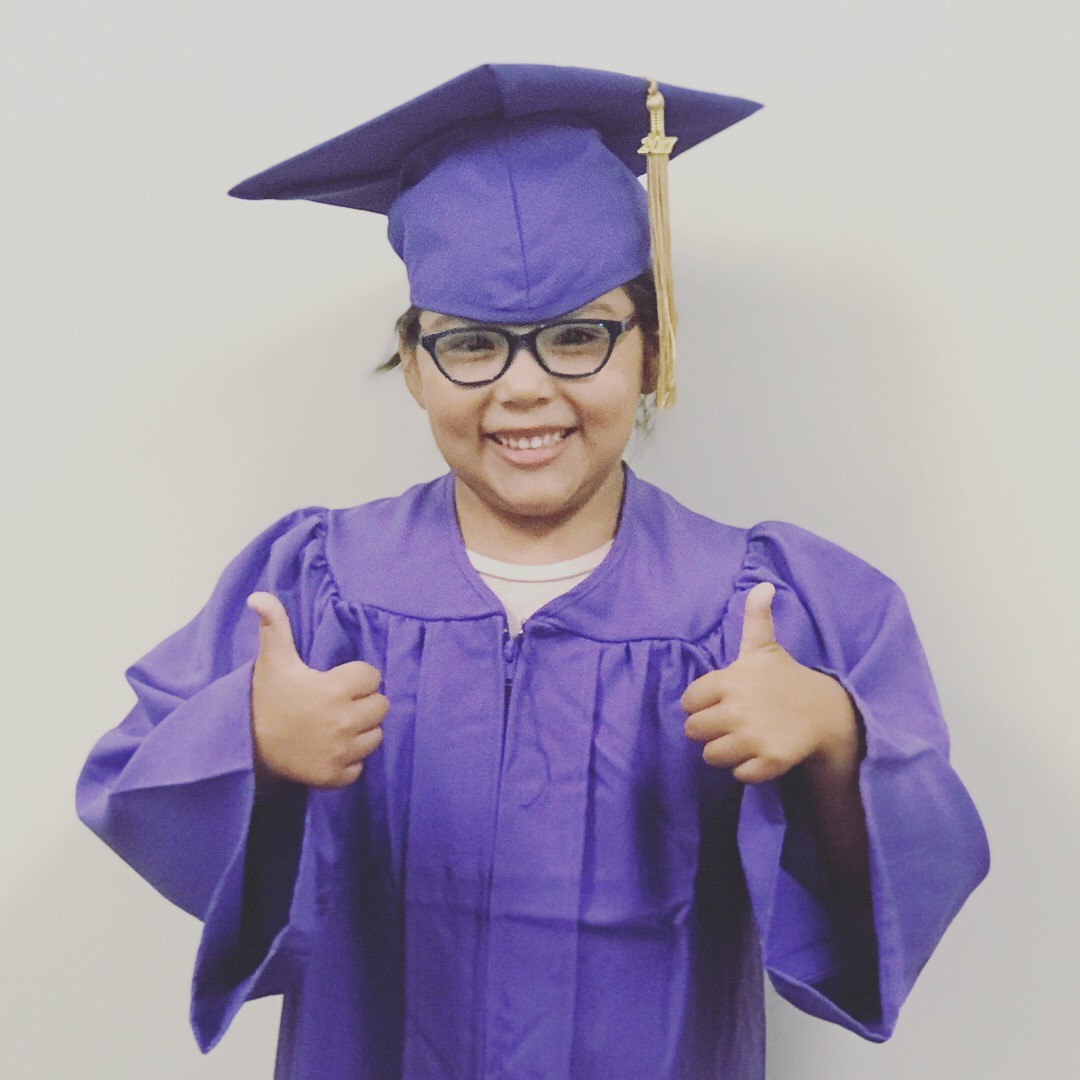A couple of years ago, Kelli Sedgewick sat down with her young kindergartner named Abby to practice sounding out a few simple sight words, when she made a deeply discouraging discovery: no matter what Kelli tried, Abby wasn’t able to retain or process the words correctly. Over and over they went through the words, even working extra time with a tutor, and still, Abby just couldn’t get it. Kelli was at a complete loss, and remembers thinking at the time, “This is going to be a rough life.”
Kelli, who had previously brought Abby to Ketchum Health for regular eye exams, decided to bring her back for a more thorough assessment. Weighing on her mind was the uncertainty of whether Abby’s difficulties stemmed from the normal ups-and-downs of early childhood development, or if they represented an actual disability. At the University Eye Center at Ketchum Health, Abby was evaluated for over two hours, and the results were that Abby scored way below normal in every category. However, when Ketchum’s Dr. Susan Oh brought Kelli in to go over Abby’s results, she also had some surprisingly good news: Abby was a great candidate for vision therapy.
Vision therapy is a treatment based on the simple fact that vision actually takes place in the brain. It’s a program of activities designed to develop and rehabilitate deficient visual processing skills. “It basically rewires the connections between the vision and the neurological systems in the brain,” explains Dr. Oh. “A lot of people don’t realize that 80% of learning in the classroom is visual, so a lot of children who have learning-related vision problems are misdiagnosed.”
Thanks to Kelli’s diligence and Ketchum Health’s advanced assessments, Abby would not be one of those children. She immediately began weekly vision therapy sessions during which she worked with Ketchum University optometry students on activities such as matching patterned blocks, identifying backwards numbers, and playing different “games” on touchscreen computers. The improvement was transformational. Each new development in the efficiency of Abby’s vision was etched into her brain forever. Crucial to her overall success, according to Dr. Oh, was that Abby was evaluated before she ever struggled with the impact of not succeeding in the classroom because of her vision problems. “We were able to help her learn how to use her vision so when school got more challenging, she was able to meet that challenge,” she says.
It also helped that Abby loved going. This was in large part due to the warmth, enthusiasm, and patience of the optometry students whom she worked with each week, which was absolutely by design. “Developing a relationship is so important when working with kids,” says Dr. Oh. “You have to build trust, so that trust is there when you’re challenging them to learn a new thing.”
“All of the students had a vested interest in Abby,” adds Kelli. “She would run up and give them hugs, and she made cards and gifts for them. Both Abby and I loved going. Everyone at Ketchum Health always treated us like family.” Abby has since completed her vision therapy sessions, and is now thriving in the first grade. Her mom couldn’t be more grateful for the experience she had at Ketchum Health.
The full Winter 2018 issue is available online. Read Now

